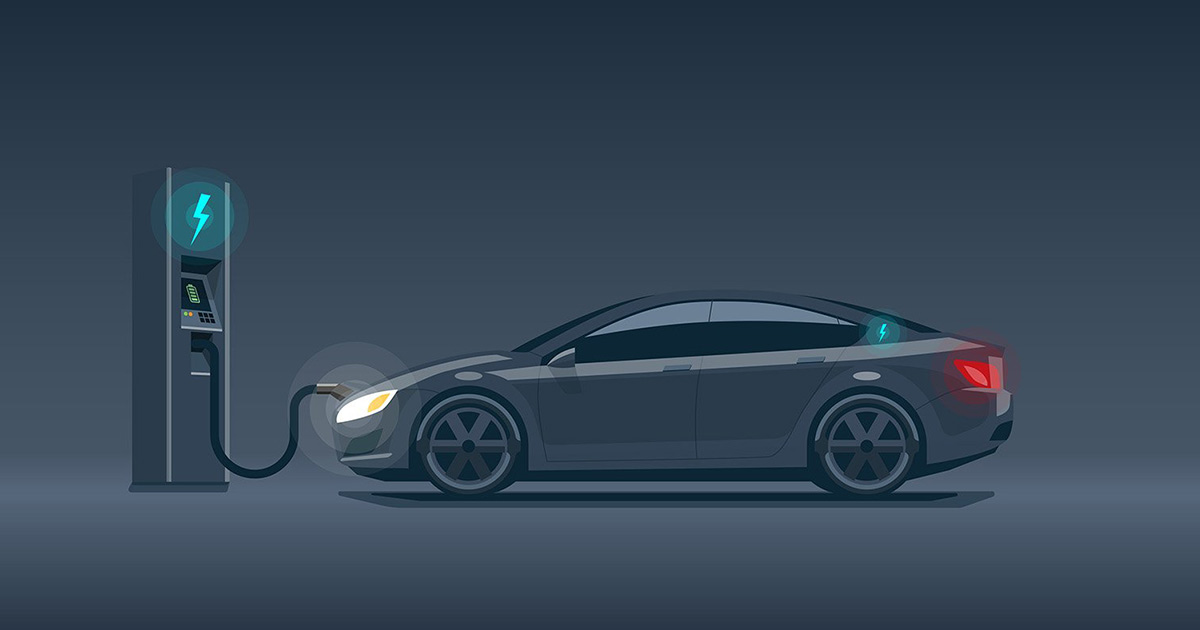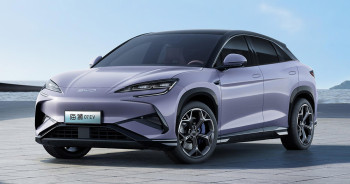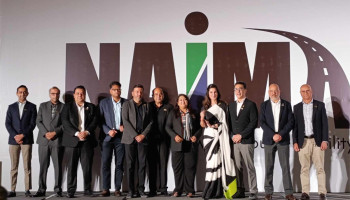Sales of electric cars reached another record high in 2021 despite the Covid-19 pandemic and supply chain challenges, including semiconductor chip shortages, says a recent report by International Energy Agency (IEA). Looking back, about 120000 electric cars were sold worldwide in 2012. In 2021, that many were sold in a week.
After increasing in 2020 despite a depressed car market, sales of electric cars – battery electric vehicles (BEVs) and plug-in hybrid electric vehicles (PHEVs) – nearly doubled year on year to 6.6 million in 2021. This brought the total number of electric cars on roads to over 16.5 million. As in previous years, BEVs accounted for most of the increase (about 70%).
EV markets are expanding quickly. Electric car sales accounted for 9% of the global car market in 2021 – four times their market share in 2019. All the net growth in global car sales in 2021 came from electric cars. Sales were highest in China where they tripled relative to 2020 to 3.3 million after several years of relative stagnation, and in Europe, where they increased by two-thirds year-on-year to 2.3 million.
Together, China and Europe accounted for more than 85% of global electric car sales in 2021, followed by the United States (10%), where they more than doubled from 2020 to reach 630000.
What about Nepal?As per the recent import statistics, the import of electric cars has increased fivefold from the last fiscal year. A total of 1473 units of electric cars were imported during the first nine months of the current fiscal year alone against last fiscal year's overall 249 units. However, the numbers have been declining for the last two months.From 303 units in Ashoj to 78 units in Baisakh, there has been a slight decline in the demand for electric vehicles. The supply chain bottlenecks brought on in part by COVID-19 affecting global supply chains and a shortage of semiconductors have resulted in the supply shortage of electric vehicles. At the same time, the high upfront cost of EVs for value-conscious Nepalese consumers and the poor density of charging stations have emerged as major bottlenecks.Currently, more than 15 brands of electric cars including the likes of Hyundai, Tata, BYD, Kia and MG are available in Nepal. Similarly, there are a significant number of electric two and three-wheelers in the country including Yatri Motorcycles, the homegrown electric two-wheeler manufacturer.The steps taken by the government to promote electric cars in NepalApart from revising the excise duties on electric vehicles, the government has also decided to allow petrol and diesel vehicles to be converted into electric or other alternative fuel vehicles. The Ministry of Physical Infrastructure and Transport provides a three-year exemption for environment-friendly or energy-efficient modifications of the fuel system. However, the ministry is yet to begin the registration process for centres for retrofitting old diesel and petrol vehicles with electric kits to convert them into e-vehicles.Similarly, Nepal Electricity Authority (NEA) has implemented customer-friendly electricity distribution regulations, from allowing EV owners to install a separate electric meter in their house to implementing policies for the construction and operation of charging infrastructure for electric vehicles.However, if the government wants to keep its 2030 deadline for 100 percent electric mobility in the country, it must identify the gap in the existing policy ecosystem and create a conducive environment for EV adoption.




















